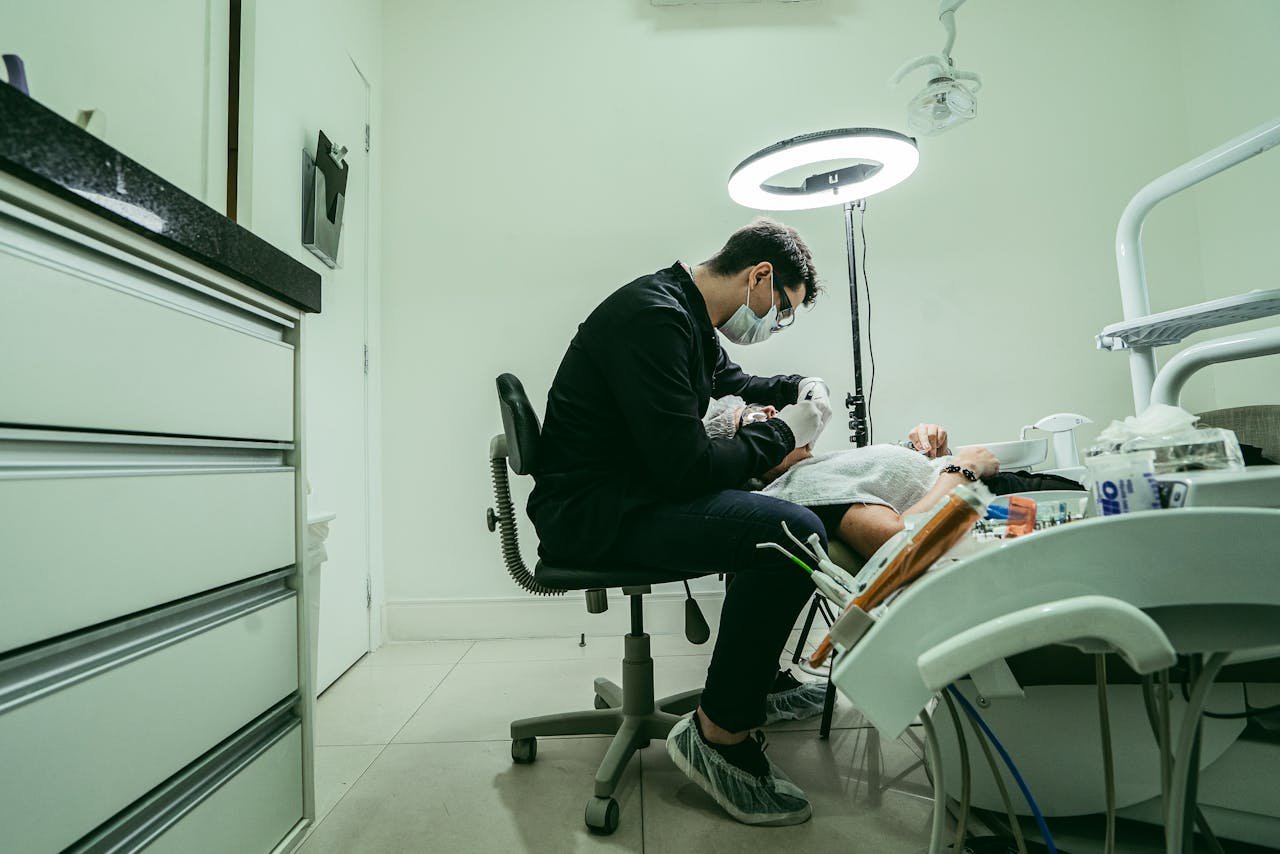Accidents happen, and dental emergencies can be frightening for children and adults. Whether it’s a knocked-out tooth or a severe toothache, you need to act quickly. Staying calm helps you focus on the steps needed. First, reassure the injured person. Then, assess the injury. If a tooth is knocked out, rinse it gently and try placing it in the socket without touching the root. If that’s not possible, keep it in milk or saline. Contact a dentist in reno nevada or your local dentist immediately. Timing is crucial. Fast action often prevents bigger problems and gives a better chance of saving the tooth. Knowing these steps prepares you for dental emergencies, ensuring you can help your loved ones with confidence and care.
Common Dental Emergencies
Understanding common dental emergencies helps you respond effectively. Here are some typical scenarios:
- Toothache: Rinse the mouth with warm water. Floss gently to remove food particles. Avoid aspirin on gums.
- Chipped or Fractured Tooth: Rinse with warm water. Use cold compresses for swelling.
- Kicked or Dislodged Tooth: Handle by the crown, not the root. Reinsert or place in milk.
- Lost Filling or Crown: Use dental cement or sugarless gum temporarily.
- Abscess: Rinse with mild salt water. Seek immediate dental care.
Handling Specific Emergencies
Each type of dental emergency requires specific actions. Here’s a handy table with steps to take for different emergencies:
| Emergency | Immediate Steps | Follow-Up |
|---|---|---|
| Toothache | Rinse mouth and floss | Consult dentist |
| Chipped Tooth | Rinse and use compress | Visit dentist soon |
| Knocked-Out Tooth | Reinsert or use milk | See dentist immediately |
| Lost Filling | Use dental cement | Schedule dental visit |
| Abscess | Rinse with salt water | Get urgent dental care |
Prevention Tips for Children
Preventing dental emergencies in children involves regular oral care and precautions.
- Encourage good dental hygiene. Brushing twice daily and flossing prevents decay.
- Supervise playtime. Ensure children wear mouthguards for sports.
- Teach children not to chew hard objects like ice.
Adult Dental Emergency Prevention
Adults can also take steps to avoid dental mishaps.
- Maintain regular dental check-ups.
- Use mouthguards during high-risk activities.
- Avoid using teeth as tools to open packages.
When to Seek Help
Knowing when to seek dental help is key. Contact a dentist if you experience severe pain, bleeding, or swelling. Do not ignore warning signs. Timely intervention helps prevent complications.
Conclusion
Dental emergencies can be stressful, but knowing how to respond equips you with confidence. Recognize common emergencies and follow the steps outlined. Preventive measures reduce the risk of dental injuries. When in doubt, always consult a dental professional. You protect your health and well-being by being prepared and informed.




